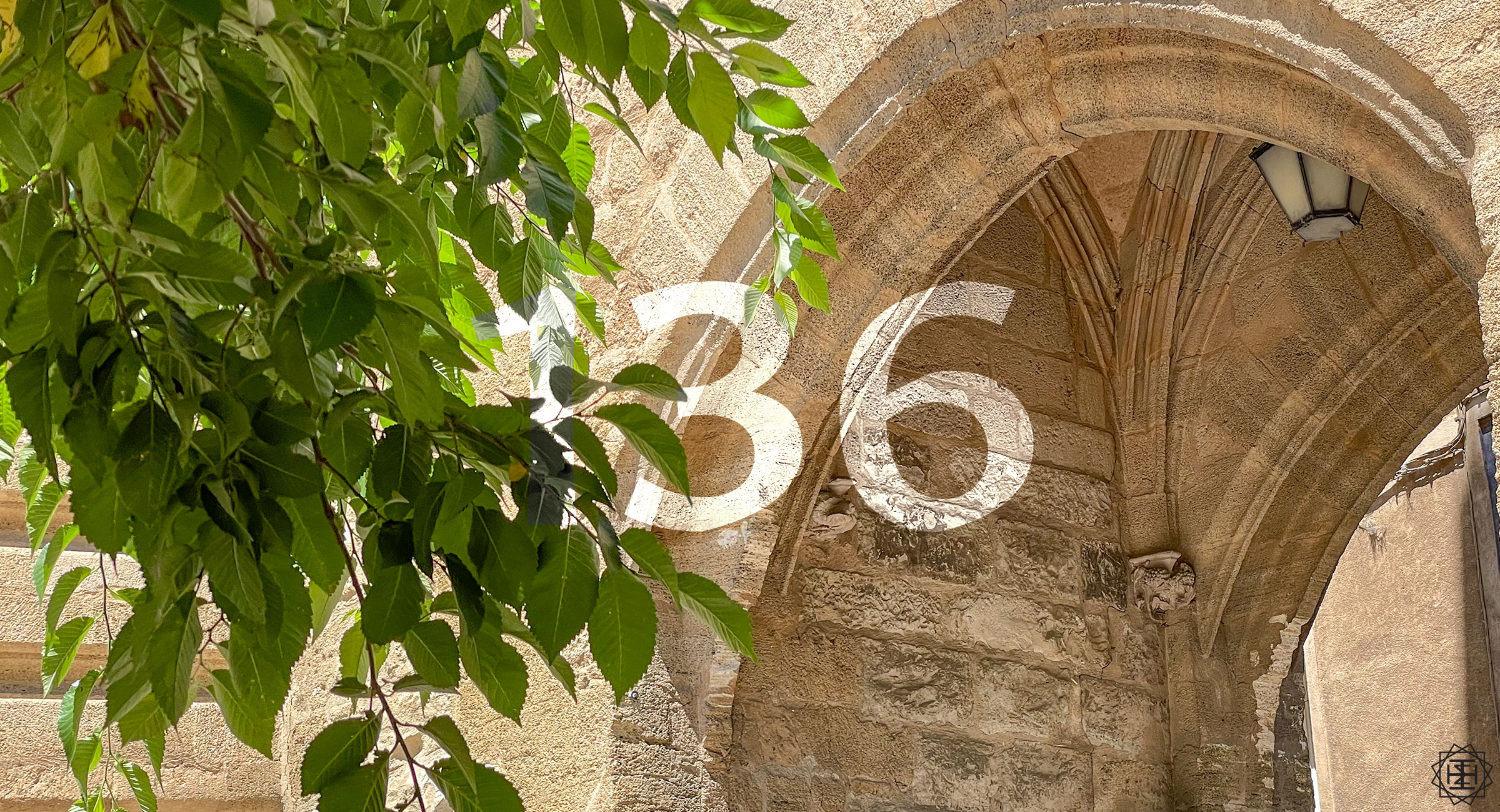His Mercy Endures Forever – Translating Psalm 136
This psalm is known as the Passover Hymn. It was a part of various temple and Passover traditions since the first temple period. There is a sweeping arch of praise being given to God. Praise for who God is, his work of creation, his role in delivering his people Israel out of Egypt, and bringing them to the promised land.
Psalm 136
His Mercy Endures Forever
1Give thanks to the Lord, he is good, * for His mercy endures forever. 2Give thanks to the God of gods, * for His mercy endures forever. 3Give thanks to the Lord of lords, * for His mercy endures forever. 4To Him who alone does great wonders, * for His mercy endures forever. 5To Him who made the heavens with wisdom, * for His mercy endures forever. 6To Him who spread the earth above the waters, * for His mercy endures forever. 7To Him who made the great lights, * for His mercy endures forever, 8the sun to rule by day, * for His mercy endures forever, 9the moon and stars to rule by night, * for His mercy endures forever. 10To him who struck down the firstborns of Egypt, * for His mercy endures forever, 11and brought Israel out from their midst, * for His mercy endures forever, 12with a strong hand and outstretched arm, * for His mercy endures forever. 13To him who split the Red Sea in two, * for His mercy endures forever, 14and drew Israel through the midst of it, * for His mercy endures forever, 15then He threw Pharaoh and his army into the Red Sea, * for His mercy endures forever. 16To him who led His people through the wilderness, * for His mercy endures forever. 17Who struck down great kings, * for His mercy endures forever, 18and brought death to the mighty kings, * for His mercy endures forever, 19Shion, king of the Amorites, * for His mercy endures forever, 20and Og, king of Bashan, * for His mercy endures forever, 21and gave their land as inheritance, * for His mercy endures forever, 22an inheritance for His servant Israel, * for His mercy endures forever. 23To Him who remembered us in our humiliation, * for His mercy endures forever, 24and who saved us from our enemies, * for His mercy endures forever. 25To Him who gives food to every living thing, * for His mercy endures forever. 26Give thanks to the God of heaven, * for His mercy endures forever.
Starting with the refrain
The repetition of the refrain was the obvious place to start with this psalm. In part for the nice emotional boost of translating half a line and finishing half of the psalm. It also creates the conclusion of each line. To ensure that the first part of each verse sounds nice, and works well with the refrain.
for his mercy endures forever.
There are a few intentional choices here. First is to use the idea of forever, and not something that talks about eternity. At the time this psalm was written there would not have been a developed idea of something beyond time. Forever better captures the idea that it lasts until the end of time.
The second intentional choice was to use the word mercy when we translate חֶסֶד (khésed or ἔλεος in Greek). Wrapped up in this word is mercy, goodness, benevolence along with a commitment to the people of Israel. While many dictionaries would translate it as mercy, it has a greater meaning than this. We capture a bit of the commitment aspect with the use of endures (instead of words like ‘lasts’ or ‘is’). For this reason we have chosen to go with the word mercy, even though it is a bit incomplete. Many contemporary translations are using the word “love”. To me that feels more personal and christological than this psalmist is writing.
Of Gods Character and History
If you were to remove the refrain from this psalm, you would still have a lovely psalm. There are 4 main sections of this psalm with the last verse being a bookend of the opening three verses.
1-9: On Gods supremacy and creative power.
10-15: Rescue from Egypt
16-22: Leading to the Promised Land
23-25: General Remembrance and Praise
26: Return to the praising God for who God is
The psalmist wants you to leave reading, hearing, singing this psalm that God is great, and committed to his people. The psalmists starts more abstract with allusions to creating the cosmos. We find ourselves anchored into the Exodus and Joshua narratives. The implication is clear, that this God who is so great, good, and big will continue to care for us, have mercy on us, and help us.
We can likely place the time that this Psalm was written since the two kings mentioned were both to the East of the river Jordan. There is nothing the psalmist left for us to conclude this was written after they had moved west of the Jordan and into the promised land.
What God Has Done
On the translation side this was a mostly straight forward psalm to work through. I did make a few decisions that make sense to highlight here. First I want to draw your attention to verses 10, 13, and 18 side by side.
10To him who struck down the firstborns of Egypt, * for His mercy endures forever, ... 13To him who split the Red Sea in two, * for His mercy endures forever, ... 18To him who brought death to the mighty kings, * for His mercy endures forever,
It felt important to me to distinguish the works God was directly responsible for in the book of Exodus, and what God was passively involved in. The plague in Egypt which took the lives of the firstborn males (and is the source of the Passover celebration) is Gods action. The same can be said for the parting of the Red Sea. People could not have done either of these things.
However, when we get to verse 18 we have the death of 2 kings (Shion and Og listed in the next verses). God did not kill these kings, but instead people did. It is not possible to know what role God did or did not have in this, but it makes sense to create a distinction between Gods actions here. This is why we opted for the phrasing of “brought death to.” The Israelites met both of these kingdoms in battles which they won. This phrasing does not deny Gods involvement, but changes our understanding of the way that God may have been present.
Selecting a Title
The Latin title for this psalm is Hymnus Paschalis or Passover Hymn/Song. While accurate to how it is used within the Jewish tradition, for the purposes of our Breviary we have chosen to use a part of the refrain as the title. “His Mercy endures Forever” is both a clear way to identify the psalm, and the overarching purpose the psalm is communicating.
Initial Translation Finished 22 May 2021
Notes
Translations for Urban Monastic are open to refinement and improvement. This has been translated. Yet, this is a reminder that no translation is ever complete. Cultures change, languages change, we better understand the source texts and languages, and adapt them as they get used in context. We will continue to refine and enhance our translations. If you are interested in helping, please let us know!
Photo Credit
Paul Prins taken 13 June 2021 at the Place de l’Hôtel de Ville in Aix-en-Provence, France.


